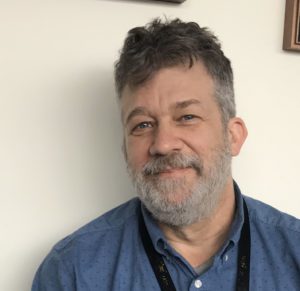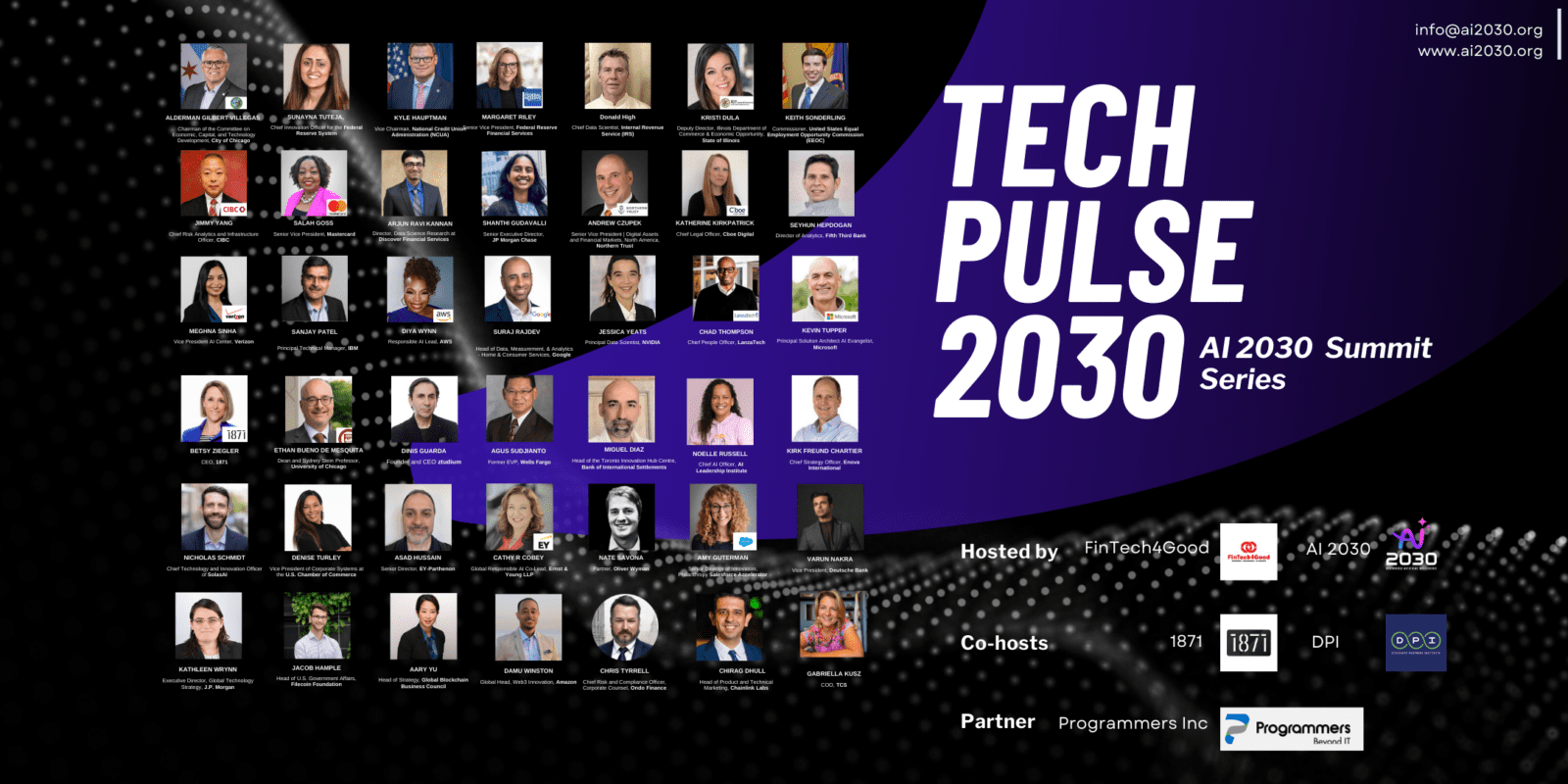
Abstract:
Measuring our environment, whether through human observations or sensor technologies, is foundational to nearly every scientific discipline. A revolution has been under way for the past two decades as exponential improvements in computing, communications, storage have transformed the 20th century centralized computing paradigm into today’s world where computation is ubiquitous. Concurrent advances in low-cost sensors, artificial intelligence hardware and software, and miniaturization have catalyzed “edge computing” (computers at the “edge” of networks rather than solely in data “centers”) architectures that bring the power of human observations to sensor networks. During the past ten years, an interdisciplinary science team, with partners from local government and industry, has pioneered a series of initiatives that established Chicago as a world leader with respect to providing data and measurements for scientific investigations. Initially supporting urban sciences such as transportation, social sciences, climate impacts on communities, the vision expanded in 2019 to extend intelligent sensing capabilities to other scientific contexts ranging from detecting wildfires to tracking the movement of wildlife to understanding climate and severe weather. Charlie Catlett will discuss not only the scientific motivation and underpinnings of these initiatives but also how the principles of “science teams” have been foundational to their impact.
Biosketch:
Charlie Catlett is a Senior Research Scientist at the Discovery Partners Institute of (DPI) of the University of Illinois. He also holds visiting appointments at the U.S. Department of Energy’s Argonne National Laboratory and the University of Chicago’s Mansueto Institute for Urban Innovation. His research focuses on urban data analytics, urban modeling, and the design and use of intelligent sensing and “AI-at-the-edge” computing technologies embedded in urban infrastructure and the environment. He led the NSF-funded “Array of Things” project, now part of the NSF-funded SAGE program to embed AI in urban, environmental, and emergency response settings.
From 1995-2000 Charlie was Chief Technology Officer at the National Center for Supercomputing Applications (NCSA) at the University of Illinois at Urbana-Champaign, having joined NCSA in 1985 to work on NSFNET, an early component of Internet.
Charlie was recognized as one of Chicago’s “Tech 50” technology leaders by Crain’s Chicago Business in 2014, and nationally as one of “25 Doers, Dreamers & Drivers” of 2016 by Government Technology magazine. He received the Argonne Director’s award in 2001 for his work designing and deploying a state-wide fiber optic network, and the Argonne Board of Governors Distinguished Performance Award in 2019. Charlie is a Computer Engineering graduate of the University of Illinois at Urbana-Champaign.

